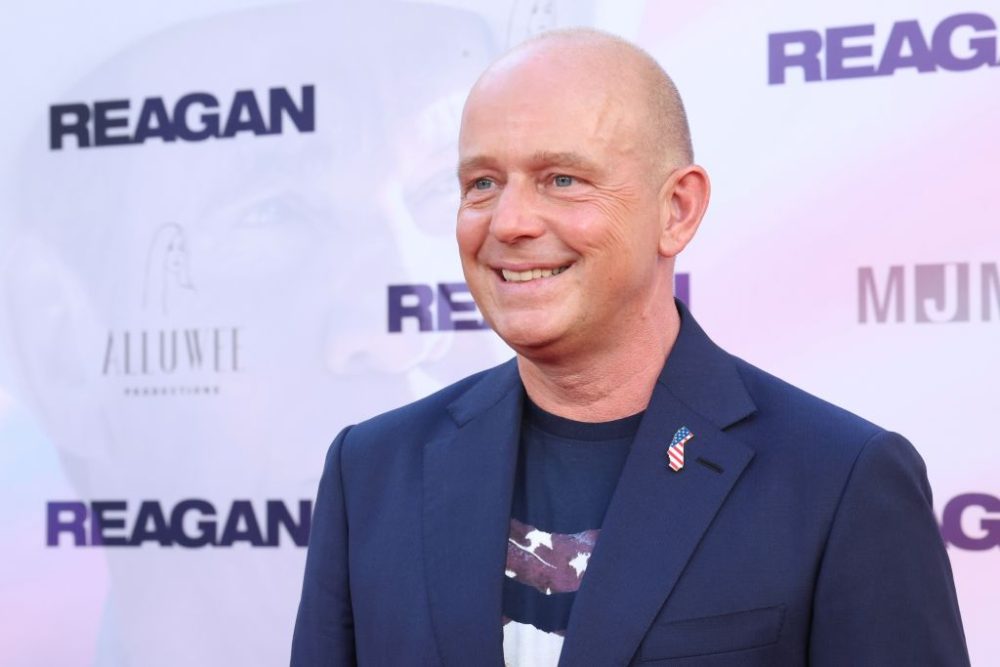Ricky Gervais has caused a stir. This is not, perhaps, the least expected thing you could hear about the sixty-year-old British comedian, but his new Netflix show, SuperNature, has attracted an unusual amount of opprobrium for what people have perceived as anti-trans jokes.
In the show, Gervais makes a distinction between “the old-fashioned women, the ones with wombs” and “the new women… with beards and cocks.” He calls upon the latter to “lose the cock,” and the audience laughs along with him hysterically. Even as Gervais hedges his bets — “full disclosure, in real life, I of course support trans rights” — and exhorts his audience to “live your best life, and use your preferred pronouns” — there has still been a substantial degree of pushback against both him and the streaming service.
In the not-very-distant past, it’s likely the outcry against Gervais would have led to Netflix’s chief content officer Ted Sarandos making some bland statement that tried both to nullify the potential for offense — tricky, when you’re paying Gervais millions of dollars for exactly that purpose — and to argue lamely in favor of the right to free speech.
But now, Netflix seems to have doubled down on the idea that Gervais can do what he likes, and they don’t need to offer any apologies or explanation for his actions or their involvement. Instead, they soak up the controversy and watch as SuperNature inevitably become the most watched show on the platform.
Of course, this is not Netflix’s first rodeo when it comes to comedians making headline-grabbing trans jokes. Dave Chappelle’s recent special The Closer (in which he calls himself a feminist and a member of “Team TERF”) confirmed his status on the “unacceptable figure” list. Yet the streaming service again defended the comedian, and the polarization of social media entered the real world. Chappelle was assaulted at a festival at the beginning of the month by a member of the audience. But he was also invited by the far-from-controversial John Mulaney to open his set for him at a gig in Ohio this weekend. Even after Chappelle purportedly made anti-trans and anti-gay jokes, Mulaney embraced his fellow comedian.
All of this proves the adage that “all publicity is good publicity.” Netflix bosses have found themselves subject to market forces of late, with declining subscriber numbers and a plummeting share price. The suspicion remains that they no longer have the unmissable shows they need to remain every household’s streaming service of choice, which is why they seem to have adopted a go-for-broke attitude towards their in-house stars. Gervais and Chappelle can do no wrong, regardless of how offensive their jokes appear to be.
In the short term, this approach of throwing anything at the audience and seeing what sticks has a certain daring brio to recommend it. But it’s hard not to feel that the days of offense for offense’s sake — or spectacle for spectacle’s sake — are numbered. Audiences are increasingly wise to cynical knee-jerk manipulation. For all the outraged responses to Gervais’s show, many of those watching might wish instead that the jokes had been funnier, rather than simply pandering to prejudices that an algorithm has decided is relevant to a large enough audience to make the investment in clickbait controversy worthwhile. The last laugh might yet be on Netflix, despite everything.

























